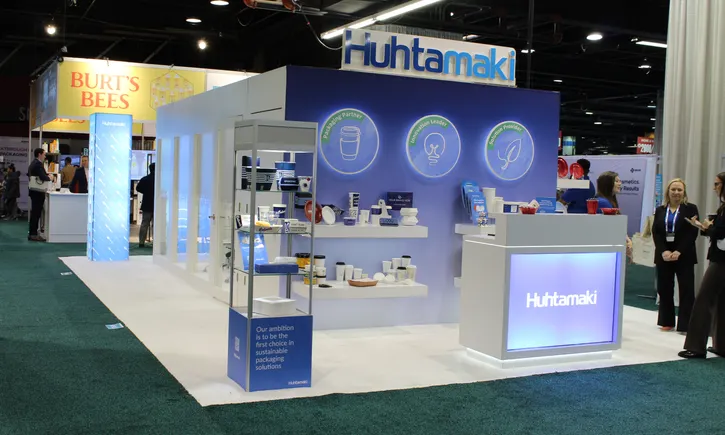Private label products are on the rise in retail markets, presenting new opportunities for packaging companies that cater to these customers. At the recent Private Label Manufacturers Association trade show, speakers discussed the growing presence of store brands compared to national brands. Data from Circana showed that store brand unit sales increased by 0.4% while national brands declined by 0.7% in the first 11 months of 2025. In terms of dollar sales, store brands rose by 3.6% while national brands only grew by 1.1%.
With store brand market share at 23.1% of unit sales and 21% of dollar sales, the projection for store brand product revenue is set to reach $280 billion in 2025, an all-time high. This growth is impacting the entire supply chain, especially packaging manufacturers who play a crucial role in the private label ecosystem.
Joel Rampoldt, CEO of Lidl US, emphasized the importance of shelf-ready packaging in their business model. Shelf-ready packaging enables efficient shelf stocking, reduces operating expenses, and enhances the consumer experience. Rampoldt highlighted that well-designed shelf-ready packaging is a selling point for products and helps drive sales.
As consumers continue to shift towards store brands during times of economic uncertainty, packaging manufacturers are innovating to meet the demand. Companies like Accredo Packaging, WJ Packaging Solutions, and AeroFlexx showcased their flexible packaging solutions at the trade show, catering to the food, beverage, and food service markets. Partnerships with product makers and co-packaging businesses are becoming increasingly important in the private label space.
Seda, PakTech, Huhtamaki, AJM Packaging, and PaperWorks were among the companies that displayed innovative packaging solutions at the trade show. From fiber-based containers to child-resistant caps, these companies are focusing on quality, innovation, and value to meet consumer demands. Private label products are not just competing with national brands; they are leading the way in the retail market.
Overall, the private label sector is booming, creating a ripple effect throughout the supply chain, including packaging manufacturers. By staying innovative and forging strategic partnerships, packaging companies can capitalize on the growing opportunities in the private label market.


